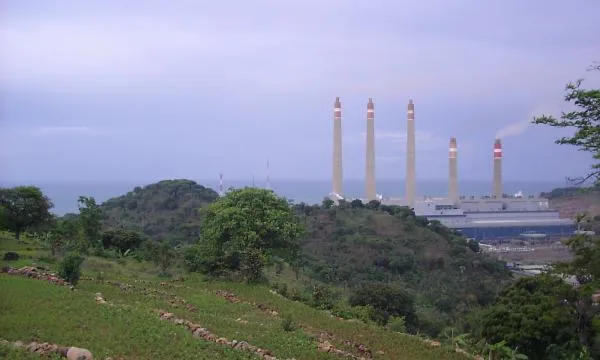
Will Indonesia keep its unrelenting grip on coal?
About 58 greenfield coal-fired power plants are due to come online by 2027, blurring the outlook for renewables development in the country.
Despite a good run for Indonesian renewables in 2017, the country is undaunted in its voracious appetite for coal. According to Wood Mackenzie, about 58 greenfield coal-fired power plants are due to come online in the period to 2027 and boost capacity from 24,418MW in 2018 to 51,800MW in 2027.
“This will be the largest factor driving the increase in domestic coal consumption, causing coal consumption for power generation to grow at an 8.3% CAGR between now and 2027,” said analyst Vicky Adijanto. The firm expects consumption to double from 83 Mt in 2018 to 157 Mt by 2027.
However, recent electricity demand growth has been below expectations. PLN’s sales growth only hit 3.1% and failed to meet its target of 8.3%. The government was prompted to lower its capacity forecast over the next 10 years by 22GW in the RUPTL.
Some major power projects have also been cancelled or delayed. “However, coal’s cost competitiveness means that most of the delayed projects are gas-powered plants. The latest RUPTL shows that potential coal capacity has been reduced by 5GW, whereas gas and renewables capacity have been reduced by 10GW and 6.7GW respectively,” Adijanto noted.
Also read: Is coal still important in Asia's renewables push?
Indonesia’s new policies could also serve as roadblocks to the development of renewables projects. One of them, Ministerial Decree No 1953 K/06/MEM/2018, requires 50% of the hired engineers in this relatively new industry to be locals. “Despite the push for more renewables to be included in the energy mix, this policy is setting a higher barrier to entry for renewable energy to gain traction in the market,” Adijanto commented.
Clunky renewables policy
Indonesia also provides limited incentives, such as tax allowances and holidays, for renewable generation. The cost of generation provision – a price cap for any kind of electricity tariffs to be paid by the government in different regional grids, colloquially known as BPP – also restricts investment in renewables, the analyst added.
Still, experts urge Indonesia to include more renewables into its energy mix. “Renewable energy provides positive economic impact to rural areas, which are very difficult to reach by fossil fuel due to limited infrastructure. To reduce risk and increase affordability, the government may collaborate with international partnerships through fiscal and non-fiscal incentives,” said Dr. Surya Darma, chairman of Indonesia Renewable Energy Society (METI), during a conference in September 2018.
Also read: South Korean financiers urged to drop investment in Indonesian coal plants
“Indonesia will become a net importer of gas by 2027 and a net importer of coal by 2056. We need a significant effort to delay these. On the other hand, RE development takes about 8-10 years for a geothermal plant, and 7-8 years for hydropower,” he added.
“Coal’s run in the domestic power generation mix will not go unchallenged. Gas and renewables are likely to slowly displace coal in the long run and we do not expect any investment in new coal-fired capacity in Indonesia from 2027 onwards. Until then, coal will remain king in Indonesia,” Adjianto noted.
Photo by satari, CC BY 3.0
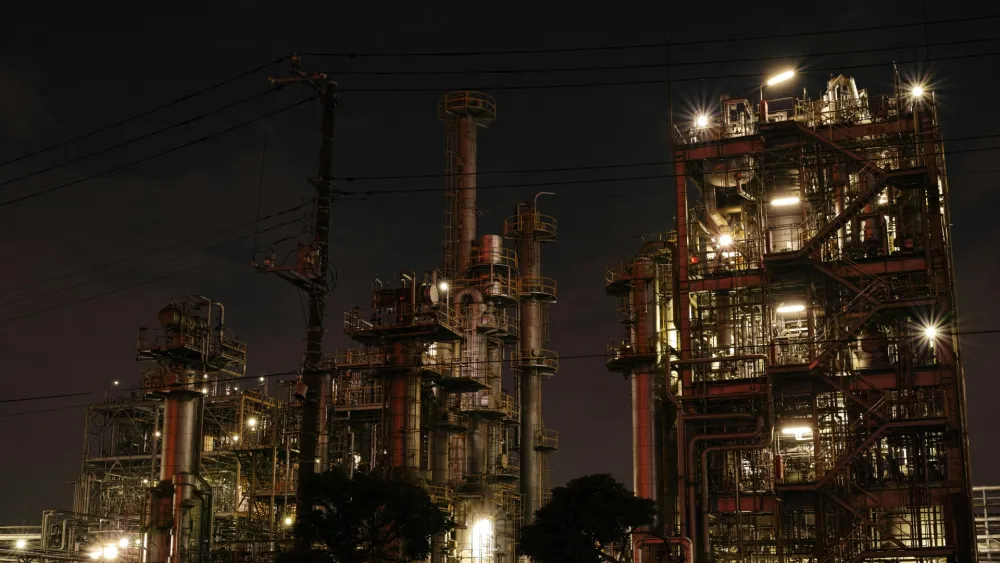
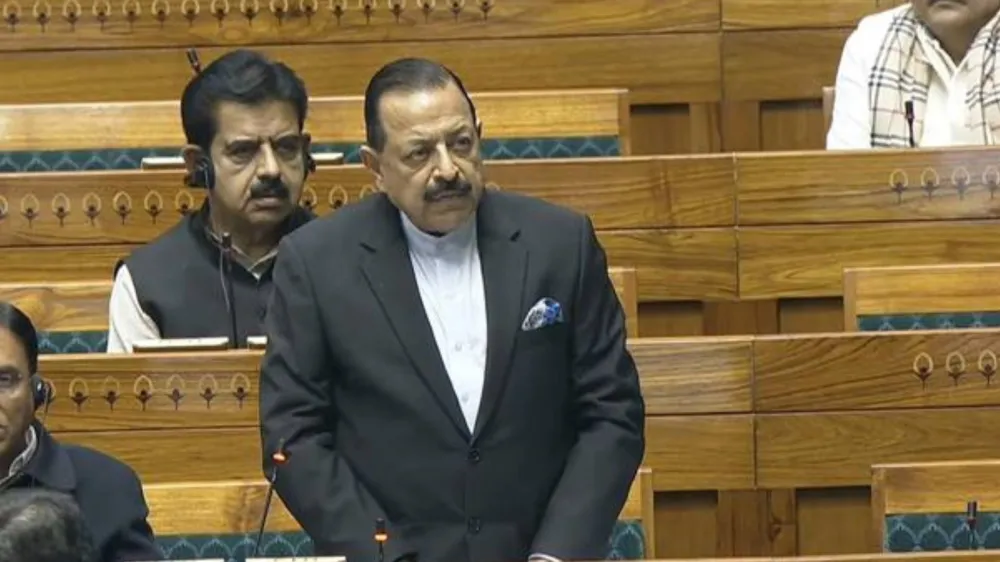
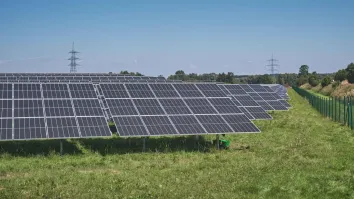

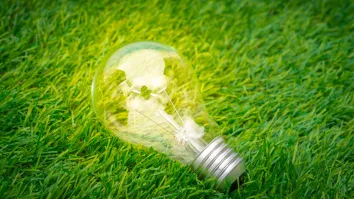
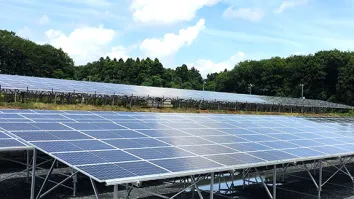













 Advertise
Advertise






